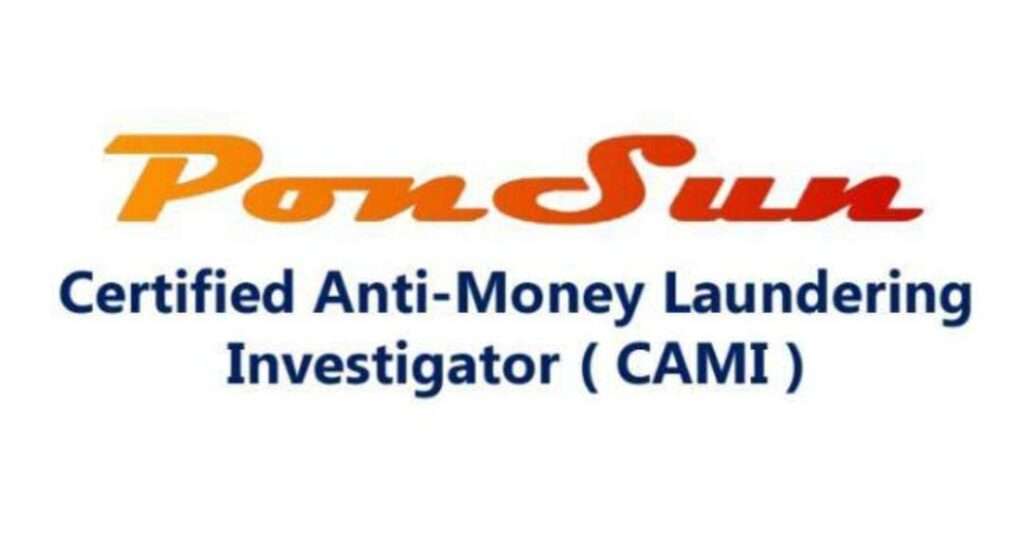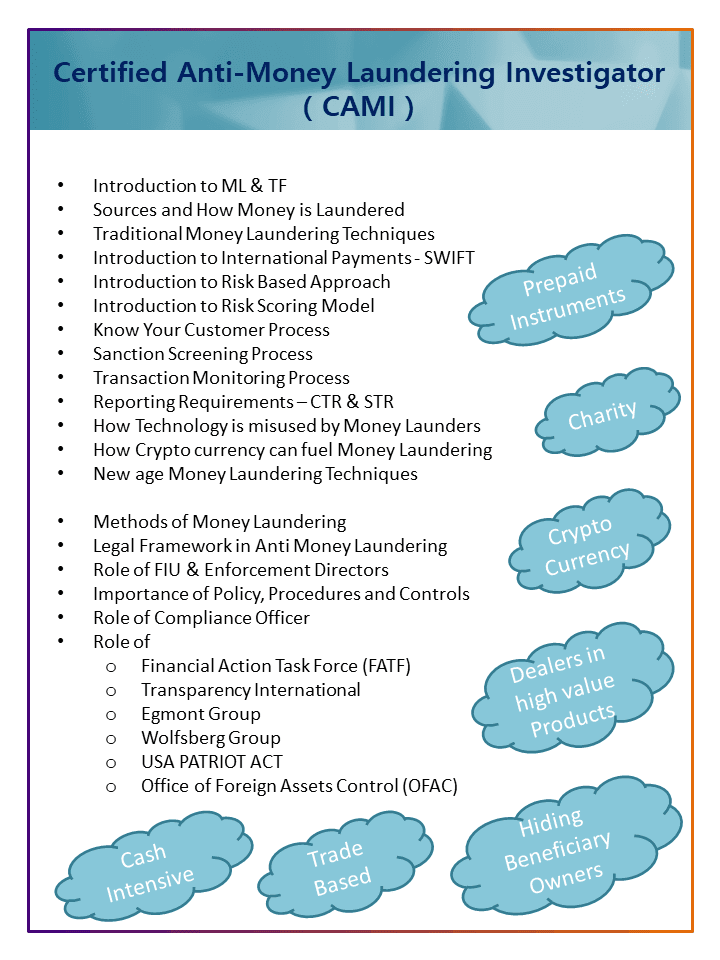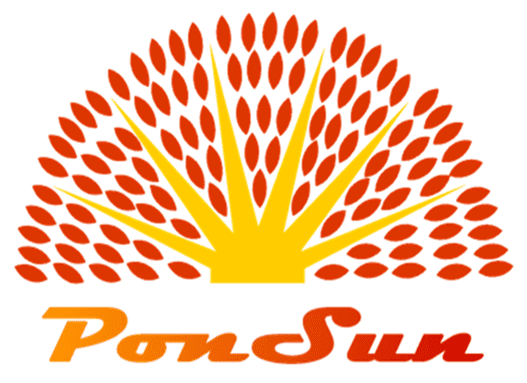Difference Between Sanction and Embargo (1/2)
What is a Sanction?
In its economic meaning, a sanction refers to the act of building a barrier in the trade of particular commodities. Economic sanctions are trade restrictions that are used to limit commerce with a certain nation. Economic sanctions are foreign policy instruments applied on other nations and firms, and persons inside those countries by governments or international organizations. Economic sanctions are used to punish illegal actions such as financial crimes, humanitarian crimes, and terrorism, as well as to achieve diplomatic goals. They restrict companies and individuals from doing business in or with certain countries named on a sanctions list.
Types of sanctions: Economic sanctions may be applied in the following ways, depending on diplomatic and political objectives:
- Trade embargoes that restrict products and services from being delivered to another country
- Tariffs (custom duty) on imported products
- Quotas on imports and exports
- Non-tariff obstacles, such as license or package regulations or standards for imports
- Property bans on goods and finances
Economic sanctions can be applied in two ways: broadly, which means they target whole nations, or selectively, which means they target specific persons, entities, or groups. Governments or international bodies establish economic penalties, which domestic financial agencies then implement.
What is an Embargo?
An embargo is a commercial barrier that prevents commerce or trade with a single nation or a group of countries in a certain way. Embargoes are legislative restrictions that are viewed as powerful diplomatic measures aimed at eliciting a certain national-interest outcome from the country on whom they are imposed. An embargo prohibits a country from dealing with another country for a certain product, sector, or even all items, implying that they would not import or export any products from that country.
There are two types of embargos, which are:
- Import embargo: A person or a company would not be able to import goods from a specific nation, such as the United States put an embargo on Cuba.
- Export embargo:When a firm or any product manufactured by that company is embargoed, it cannot export to the embargoed nation. This would be similar to the United States placing an export embargo on Syria, prohibiting the export of any items manufactured in the United States to enter Syria.
Certified Anti Money Laundering Investigator (CAMI) is an International AML training program to your upskill knowledge & crack interviews in the compliance industry.
Training Agenda:
FATF 40 recommendations
USA PATRIOT ACT
International AML Policy & Procedures
Advanced AML Investigation Techniques
Mode of training: Live online training
Fees: 500 USD


